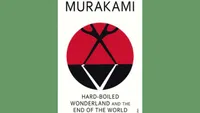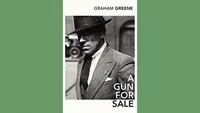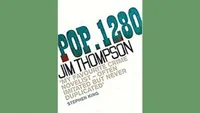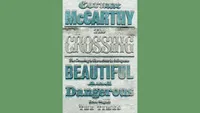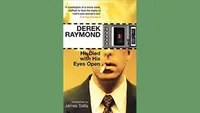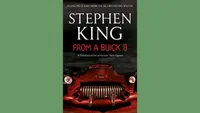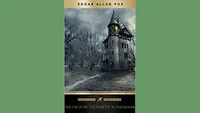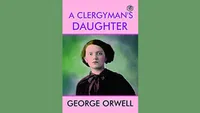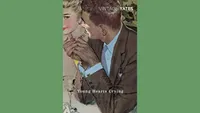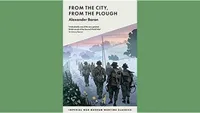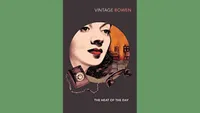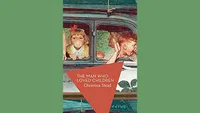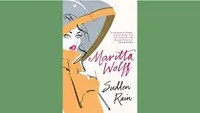The best underrated books of all time
Underrated novels from some of the world's best authors.

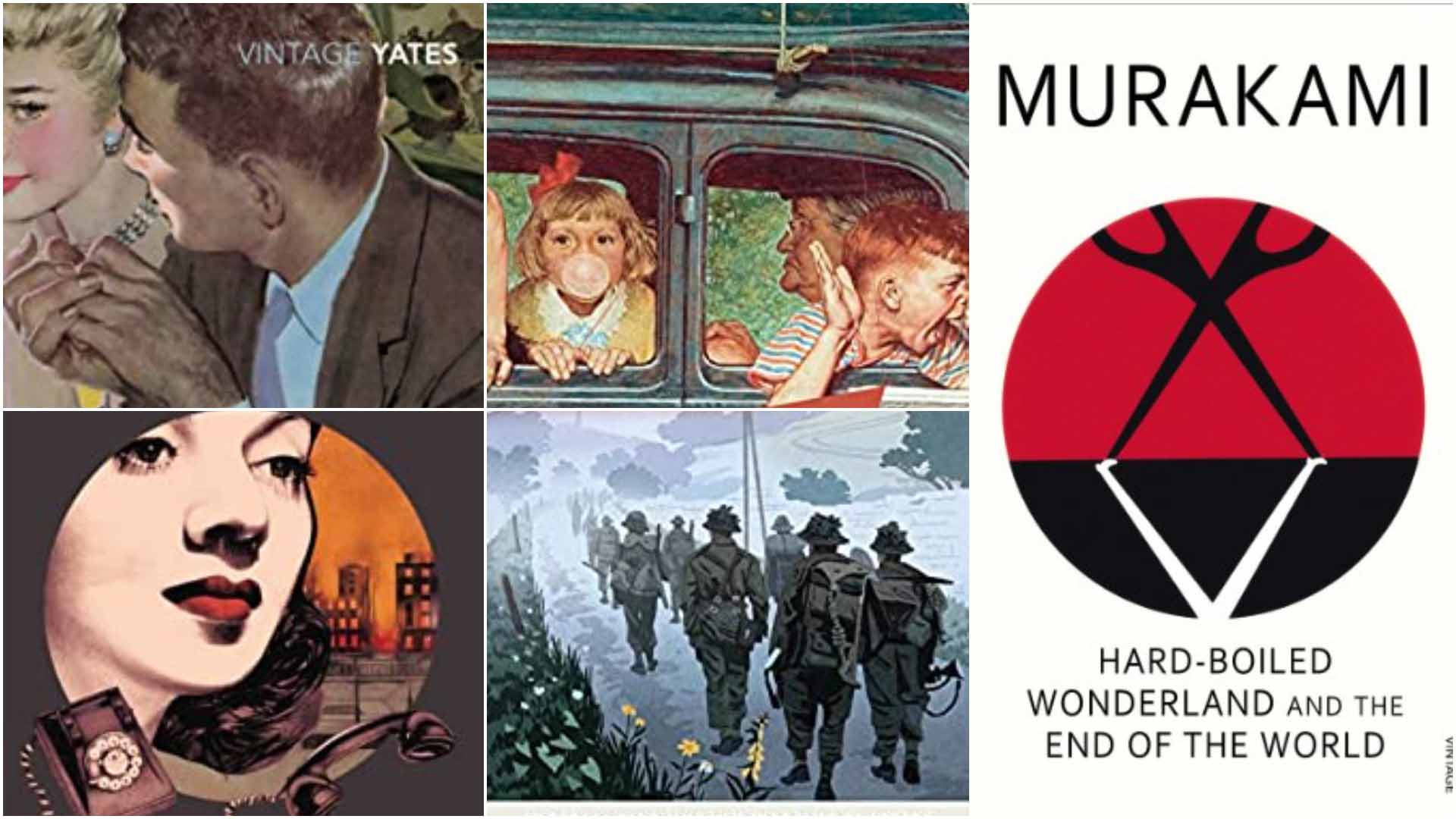
Get exclusive shortlists, celebrity interviews and the best deals on the products you care about, straight to your inbox.
You are now subscribed
Your newsletter sign-up was successful
Recommending a great author is easy. Recommending a lesser known or overlooked classic in that same author's repertoire, on the other hand, considerably less so.
So, throwing caution to the literary wind, we've attempted to disinter the works by celebrated figures that just don't get the acclaim they so richly deserve.
This is because making a new literary purchase is not always straightforward. There are the ‘award-winners’, but who knows if a handful of judges have the same reading tastes as you?
Then there are ‘customers also bought…’ sections on websites, but do you really want to be making a purchase based on what could have been a panic-buy gift for somebody’s great aunt Mildred? And friends’ suggestions can prove fruitful, but not if your pal’s library consists of battered copies of Bravo Two Zero and Angels & Demons.
So ShortList has done the hard work and tracked down the best underrated novels that are unquestionably worth your time. All underrated, all under-read, all by authors that could become your new favourite.
Best underrated novels
As with many of history’s most acclaimed writers, Thompson’s work was underappreciated until his death in 1977. Since then, his back catalogue has found a new audience. Pop 1280 is narrated by Nick Corey, an amoral husband who despises his wife, and who also happens to be sheriff of a small US town in the early 1900s. It’s dark and nasty, but what’s most surprising is the humour that comes from Corey’s memorable ‘dumb-ass’ narration.
Described variously as the “godfather of the new UK crime novel”, “a writer obsessed with the skull under the skin” and as “standing alone in contemporary crime fiction”, Raymond is credited with starting British noir. This, the first in the ‘Factory’ quintet of novels set in London, follows an unnamed detective drawn into a murder case where the only evidence is a set of cassettes recorded by the victim. Raymond takes you to dark and uncomfortable places — the fourth book of the series, I Was Dora Suarez, reportedly made the publisher vomit on his desk — as the antihero detective starts to make the same mistakes as the victim.FYI: James Sallis, author of Drive, the novel on which Ryan Gosling’s film is based, is a huge fan of Raymond, and said of the author’s books: “They remain strange things. Unremittingly bleak, brimming with gruesome physical detail, awash with despair.”
Stephen King writing another tale of a supernatural motor? Rehashing old ideas? Not at all - this one is on a par with this other car chiller, Christin. Yes, part homage to H.P. Lovecraft’s From Beyond, and part influenced by the writer’s own near fatal motor experience in the summer of 1999, this tale, unlike Christine, is a slow burner, leaving you wondering as to what genre it actually fits into as King gradually introduces us to a murderous Roadmaster which entices a band of Pennsylvania State Patrolmen. By going easy on the gas, King builds a masterful, nerve-wrangling swell of suspense, making for a thrilling climax, which, in a lesser writer’s hands, would have been a dud.
FYI: This is the first of a trilogy of war novels, the second and third being There’s No Home and The Human Kind.
A mind-blowing mix of historical fiction, romance and spy thriller shenanigans, The Heat of the Day by Elizabeth Bowen is a superb novel set in the midst of WWII and written while WWII was taking place. While the prose is a little dense in places, stick with it and you are rewarded with a rich, intelligent read.
At first a love story of sorts about biologist Sam Pollitt and Henrietta, the novel shifts gears and showcases what a decade of a torrid marriage can do to a couple, now a dysfunctional family with some six kids and a bucket-load of broken dreams. This is a tough read - it's a sprawling, messy novel - but one that showcases brilliantly the darker side of the American Dream.
Initially a lost manuscript - it was put in a fridge and left there for 30 years Maritta Wolff's final novel is a blistering look at Los Angeles in the 70s through the lives of those living in the city. There's non-stop fighting from husbands and wives, literal fireworks and odes to the bad traffic of the city. It's a tinderbox of a book and one that needs to be read by more people.
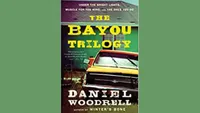
Despite rising to (slight) prominence following the recent adaptation of his book Winter’s Bone, Woodrell remains one of the US’s best-kept secrets. This trilogy follows boxer-turned-detective Rene Shade doggedly pursuing murders across a fictional Louisiana town (sample line regarding Lunch Pumphrey, one of the books’ many memorably-named killers: “His fondest memories were of watching puppies and calves being born on the farm back home, and of the ferocious and sweet vibrations that hummed through his arms and legs, his brain and vital organs, the first time he’d killed a man.”)
- These are the best debut novels of all time
SOMETHING MISSING FROM OUR SHORTLIST?
Tell us about it, and if enough people agree we'll add it in.
Get exclusive shortlists, celebrity interviews and the best deals on the products you care about, straight to your inbox.

As Content Director of Shortlist, Marc likes nothing more than to compile endless lists of an evening by candlelight. He started out life as a movie writer for numerous (now defunct) magazines and soon found himself online - editing a gaggle of gadget sites, including TechRadar, Digital Camera World and Tom's Guide UK. At Shortlist you'll find him mostly writing about movies and tech, so no change there then.
